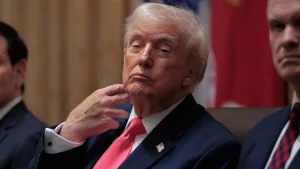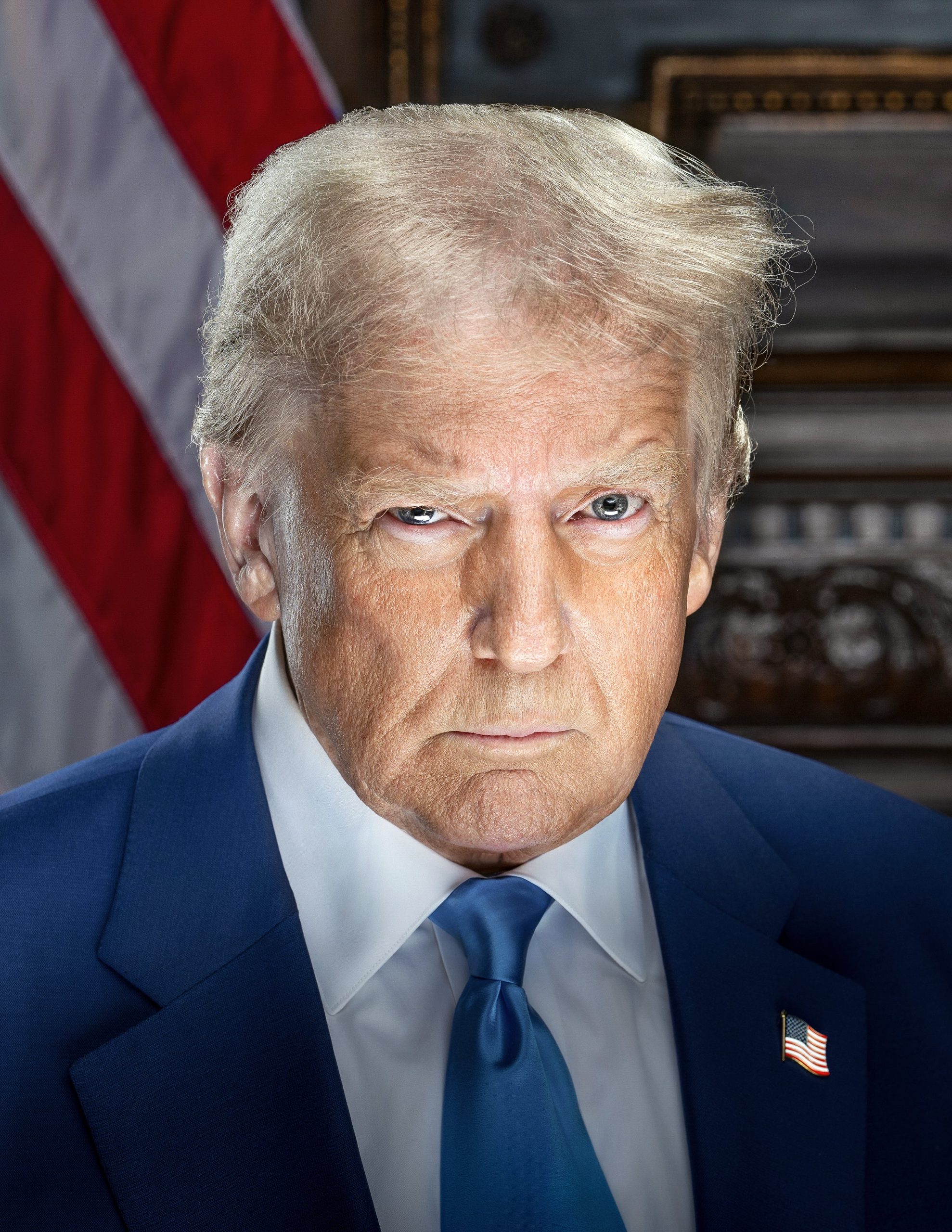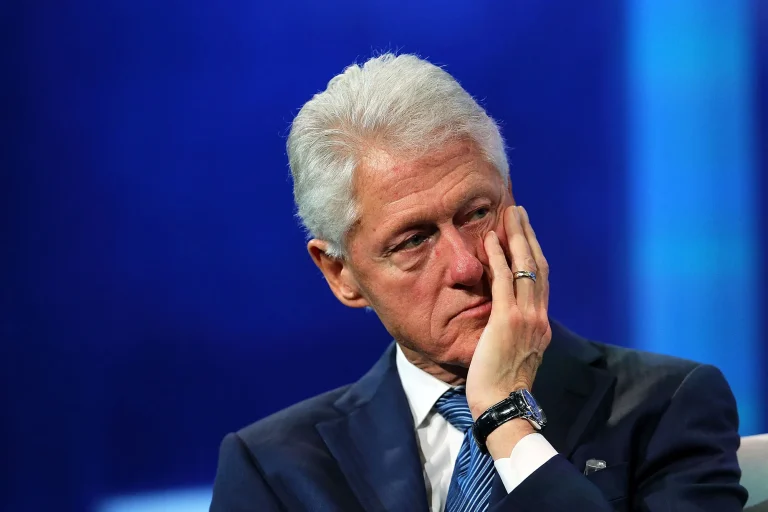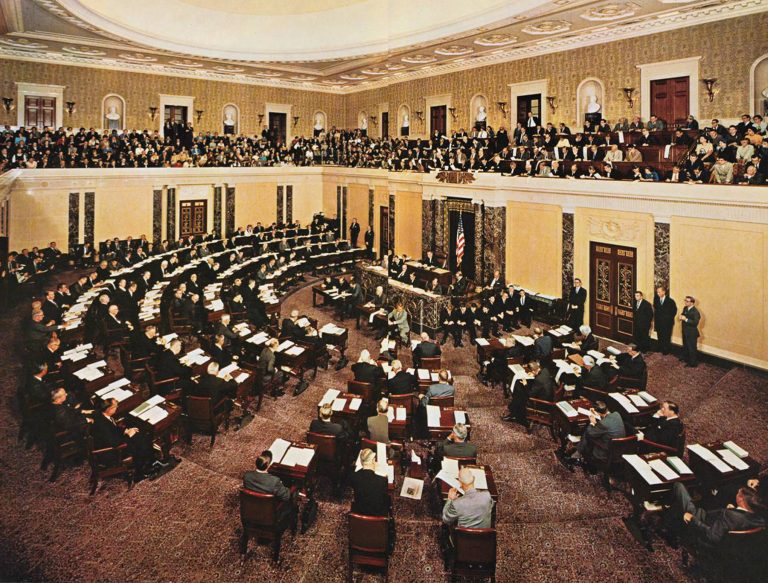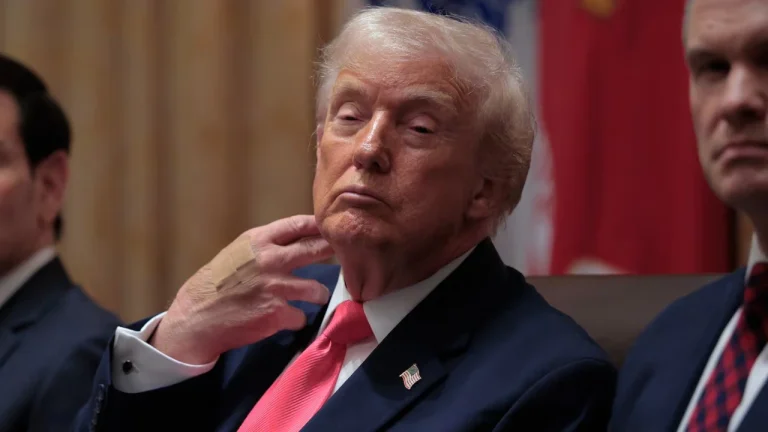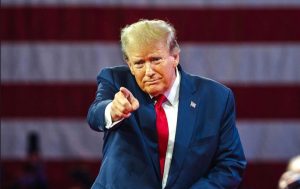In late May 2025, President Donald Trump publicly expressed his willingness to renegotiate certain aspects of a sweeping tax and spending package widely referred to as the “Big Beautiful Bill.” The announcement came amid growing debate within the Republican Party and criticism from prominent figures, including billionaire entrepreneur Elon Musk, who previously headed the Department of Government Efficiency (DOGE).
This article examines the key elements of the bill, the administration’s position, Elon Musk’s concerns, and the broader political implications as the legislation moves through Congress.
What Is the “Big Beautiful Bill”?
The “Big Beautiful Bill” is a comprehensive legislative package advanced by House Republicans under Trump’s leadership. The bill seeks to implement significant tax reforms, increase defense spending, tighten border security, and make various changes to entitlement programs such as Medicaid. It aims to build on the 2017 Tax Cuts and Jobs Act by making some tax cuts permanent while introducing new deductions for families and seniors.
Key features include:
-
Tax cuts for individuals and businesses, designed to stimulate economic growth.
-
Defense spending increases, aligning with Trump’s stated priorities to strengthen the military.
-
Border security funding, to address immigration concerns raised by the administration.
-
Medicaid and entitlement program reforms, aiming to reduce federal spending over time.
Despite its ambitious goals, the bill has sparked controversy due to its projected impact on the federal budget deficit. According to estimates from the Congressional Budget Office (CBO), the bill’s tax provisions could add trillions to the national debt over the coming decade. While spending cuts in Medicaid and other areas partially offset this increase, the net effect is expected to expand the deficit, a point of contention among lawmakers.
Trump’s Position and Negotiation Plans
Following the bill’s passage in the House on May 22, 2025, President Trump acknowledged that while he supports many provisions, he remains “not happy about certain aspects” and intends to negotiate changes before final Senate approval.
In statements to reporters, Trump emphasized the importance of securing enough Republican Senate votes for passage, noting:
“We will be negotiating that bill. Some parts I’m thrilled about; others, I want to improve. We need to get a lot of support because we can’t afford to cut too deep.”
Trump’s remarks underscore the legislative reality that even within a GOP-controlled Congress, unanimous support is rare, especially for a bill with complex tax and spending implications. His willingness to revisit parts of the bill reflects ongoing negotiations aimed at addressing concerns from fiscal conservatives and moderates alike.
Elon Musk’s Criticism and Its Impact
Elon Musk, who served as the head of the Department of Government Efficiency until recently, has emerged as a vocal critic of the “Big Beautiful Bill.” Musk’s tenure at DOGE was marked by efforts to identify government waste, fraud, and inefficiency, and he has argued that the bill undermines these objectives.
In a televised interview and various public statements, Musk expressed disappointment, saying:
“The bill increases the federal deficit when we should be reducing it. I think a bill can be big, or it can be beautiful—but not both.”
Musk’s critique centers on the bill’s failure to align with strict fiscal discipline. His concern is that while the bill promotes growth through tax cuts, it risks saddling future generations with unsustainable debt levels. Musk also highlighted examples of government waste uncovered by DOGE, such as billions allocated to programs with questionable efficacy, urging lawmakers to adopt more aggressive spending cuts.
Musk’s criticism has resonated with some conservative Republicans and fiscal hawks, fueling debate within the party about the balance between tax relief and deficit control.
The White House’s Response and Rescissions Package
In response to concerns about the bill’s fiscal impact, the White House announced plans to send Congress a rescissions package aimed at canceling billions in previously approved spending. This package is expected to include cuts to foreign aid, certain public broadcasting funds, and other discretionary programs identified by DOGE as wasteful.
House Speaker Mike Johnson of Louisiana signaled readiness to act swiftly on these proposals, stating on social media:
“The House is eager to deliver more cuts to big government that President Trump wants and the American people demand.”
Johnson also emphasized the urgency of passing legislation that codifies DOGE’s findings and incorporates spending reductions into the appropriations process to support the administration’s 2026 budget.
Political Implications and GOP Dynamics
The debate over the “Big Beautiful Bill” illustrates ongoing tensions within the Republican Party between fiscal conservatives, who prioritize deficit reduction, and more pragmatic lawmakers focused on tax cuts and political viability.
Senators such as Rand Paul and Ron Johnson have voiced concerns about the bill’s size and cost, warning that failure to control spending could weaken the GOP’s message on fiscal responsibility.
Meanwhile, Trump has urged unity among Republicans, warning that internal opposition could hand advantages to Democrats in future elections. In private discussions and public comments, he has criticized detractors for jeopardizing the party’s legislative agenda.
Public and Economic Outlook
The legislation arrives amid a mixed economic backdrop. While unemployment remains low and GDP growth has accelerated, inflation concerns persist, and national debt remains a major issue.
Supporters of the bill argue that tax cuts and increased investment in defense and infrastructure will spur long-term economic growth, offsetting short-term deficit increases.
Critics caution that unchecked spending threatens fiscal sustainability and could lead to higher interest rates and reduced economic confidence.
Conclusion
The “Big Beautiful Bill” represents a significant legislative effort to reshape America’s fiscal landscape under President Donald Trump. While the bill contains provisions aimed at stimulating growth and strengthening national security, it faces hurdles related to its fiscal impact and internal GOP disagreements.
Trump’s readiness to renegotiate aspects of the bill signals an acknowledgment of these challenges, as well as a desire to build consensus for passage in the Senate.
Elon Musk’s vocal opposition adds another layer of complexity, bringing attention to the need for balanced spending cuts and greater government efficiency.
As Congress prepares to debate and refine the bill in the coming weeks, all eyes will be on how lawmakers reconcile growth ambitions with fiscal responsibility—and how this balancing act will shape the country’s economic future.

James Jenkins is a celebrated Pulitzer Prize-winning author whose work has reshaped the way readers think about social justice and human rights in America. Raised in Atlanta, Georgia, James grew up in a community that instilled in him both resilience and a strong sense of responsibility toward others. After studying political science and creative writing at Howard University, he worked as a journalist covering civil rights issues before dedicating himself fully to fiction. His novels are known for their sharp, empathetic portraits of marginalized communities and for weaving personal stories with broader political realities. Jenkins’s breakout novel, Shadows of Freedom, won national acclaim for its unflinching look at systemic inequality, while his more recent works explore themes of identity, resilience, and the fight for dignity in the face of oppression. Beyond his novels, James is an active public speaker, lecturing at universities and participating in nonprofit initiatives that support literacy and community empowerment. He believes that storytelling is a way to preserve history and inspire change. When not writing, James enjoys jazz music, mentoring young writers, and traveling with his family to explore cultures and stories around the world.


